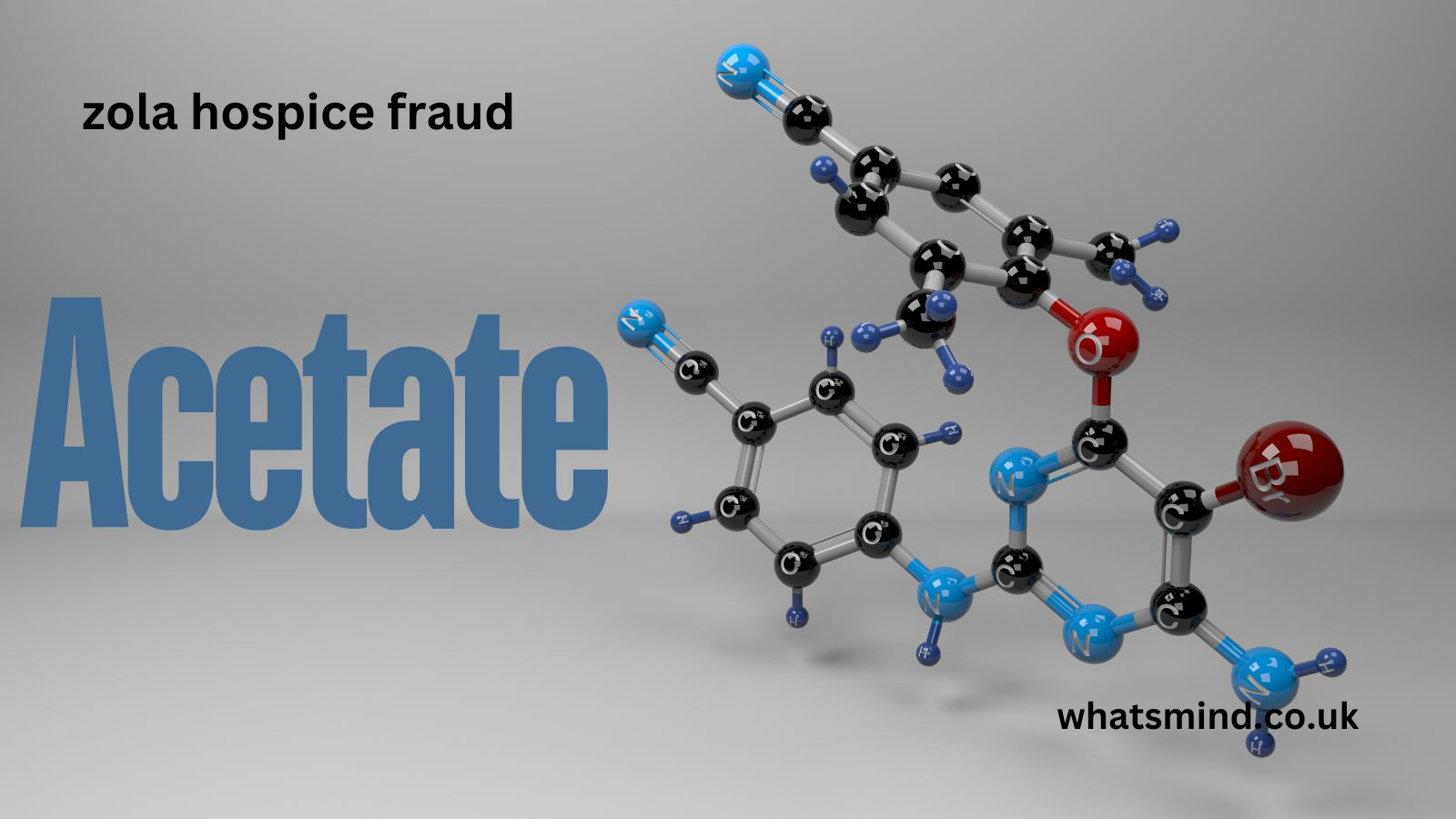Introduction to zola hospice fraud and its Services
Navigating the world of healthcare can be daunting, especially when it comes to end-of-life care. Zola Hospice aims to provide compassionate support during these challenging times. However, a shadow has been cast over its services due to alarming reports of zola hospice fraud. As families seek comfort and assistance in their most vulnerable moments, the emergence of fraudulent practices raises critical questions about trust and integrity in the healthcare industry.
Understanding where zola hospice fraud originates is essential for protecting yourself and your loved ones from potential pitfalls. This blog will delve into the complexities surrounding this issue, helping you gain insight into how fraud manifests within such an important sector. Stay tuned as we uncover facts that could safeguard your family’s well-being while navigating hospice care options.
Understanding Fraud in the Healthcare Industry
Fraud in the healthcare industry is a pervasive issue that affects countless patients and families. It often manifests in various forms, from billing for unnecessary services to falsifying patient records.
Many healthcare providers face tremendous financial pressures. This creates an environment where some may resort to unethical practices to meet their targets or maintain profitability.
Furthermore, the complexity of medical billing can obscure fraud. Patients frequently find it difficult to understand what they are being charged for and why.
The consequences of this deceit go beyond financial loss. They can result in compromised care quality, leading patients away from legitimate treatment options they desperately need.
As awareness grows, so do efforts to combat these fraudulent activities. However, understanding the nuances behind this deception remains crucial for both consumers and professionals alike.
The Rise of Zola Hospice Fraud Cases
Zola hospice fraud cases have gained alarming traction in recent years. Unscrupulous entities exploit the urgent needs of families seeking compassionate care for their loved ones.
As more patients turn to hospice services, the potential for fraudulent activity has surged. These criminals often present themselves as legitimate providers, luring families with promises of comprehensive support.
Some tactics include billing for unnecessary services or even fictitious care. This deception can lead to devastating financial and emotional impacts on unsuspecting families.
The rise in these fraudulent cases highlights a broader issue within healthcare. Many individuals are unaware of their rights or how to identify credible providers amidst rising scams.
In a sector where trust is paramount, breaches like these erode confidence and threaten vulnerable populations seeking solace at critical times in life.
The Impact of Zola Hospice Fraud on Patients and Families
Zola hospice fraud can have devastating effects on patients and their families. When caregivers prioritize profit over care, the quality of services diminishes. Patients may receive inadequate attention during a critical time in their lives.
Families often find themselves grappling with emotional turmoil. Trust is broken when they discover fraudulent practices within a system meant to provide comfort and support. This betrayal can lead to further anxiety and stress as they navigate complex healthcare decisions.
Financial strain is another significant concern. Families might face unexpected costs due to unnecessary treatments or services billed by fraudulent providers. This burden can cause lasting impacts on family dynamics and financial stability.
Moreover, the overall experience of end-of-life care becomes tainted by fear and suspicion. Instead of focusing on dignity and peace, loved ones are left worrying about whether they’re receiving legitimate help or being exploited for profit.
Factors Contributing to Zola Hospice Fraud
Several factors contribute to the troubling emergence of zola hospice fraud.
One significant aspect is the lack of stringent oversight in the healthcare industry. Regulatory bodies often struggle to monitor every provider effectively, creating opportunities for fraudulent activities.
Another critical component is financial pressure on both families and providers. Families seeking quality care for loved ones may find themselves vulnerable and desperate, leading them to trust unverified services without thorough research.
Moreover, some hospice providers prioritize profit over patient welfare. This shift can result in unethical practices aimed at maximizing billing rather than genuinely caring for patients.
A complex web of miscommunication between healthcare professionals further complicates matters. Confusion about treatment plans can leave families open to exploitation by unscrupulous entities promising better care or more benefits than they deliver.
The emotional strain that comes with end-of-life decisions also plays a role, making it difficult for families to discern legitimate help from those who prey on their grief.
Steps Being Taken to Address Zola Hospice Fraud
Authorities are now taking significant steps to tackle Zola hospice fraud. Increased investigations into fraudulent practices have become a priority for various agencies. This includes thorough audits of financial records and patient care standards at suspected facilities.
Collaboration between government bodies, law enforcement, and healthcare organizations is growing stronger. They aim to share information quickly about suspicious activities, enhancing their ability to respond effectively.
Additionally, training programs for staff in hospice facilities focus on ethics and compliance. These initiatives help employees recognize potential red flags associated with fraudulent behavior.
Patient advocacy groups are also becoming more vocal. They educate families about their rights and the warning signs of exploitation within hospice services.
By raising awareness collectively, society can contribute significantly toward eliminating such malpractice while ensuring that vulnerable patients receive the compassionate care they deserve.
How to Protect Yourself and Your Loved Ones from zola hospice fraud
Protecting yourself and your loved ones from zola hospice fraud requires vigilance. Start by researching any hospice service you’re considering. Look for reviews, ratings, and testimonials from other families.
Always verify credentials. Ensure that the caregivers are certified professionals with a solid track record in hospice care. Don’t hesitate to ask about their experience and qualifications.
Trust your instincts if something feels off. If a company pressures you or makes unrealistic promises, it’s a red flag.
Stay informed about common fraud tactics used in healthcare settings. Knowledge is power when it comes to identifying suspicious behavior.
Engage with local advocacy groups focused on senior care or healthcare fraud prevention. They can offer valuable resources and guidance tailored specifically for your situation.
Maintain open communication with family members about decisions related to hospice care. Discuss concerns together; collaboration strengthens protection against potential scams.
Conclusion:
Zola hospice fraud poses significant challenges to the integrity of healthcare services. As more cases come to light, it becomes increasingly important for patients and families to stay informed. Understanding the intricacies of this issue can empower individuals to make better choices regarding their care.
By recognizing potential red flags and advocating for transparency, families can protect themselves from falling victim to fraudulent practices. The rise in awareness surrounding zola hospice fraud is a step toward fostering trust within the healthcare system.
Efforts are ongoing to combat these deceptive actions, but vigilance remains essential. By taking proactive measures and seeking support when needed, patients and their loved ones can navigate the complexities of hospice care with greater confidence.
Remaining educated about zola hospice fraud not only benefits individuals but also contributes positively towards improving overall industry standards.





